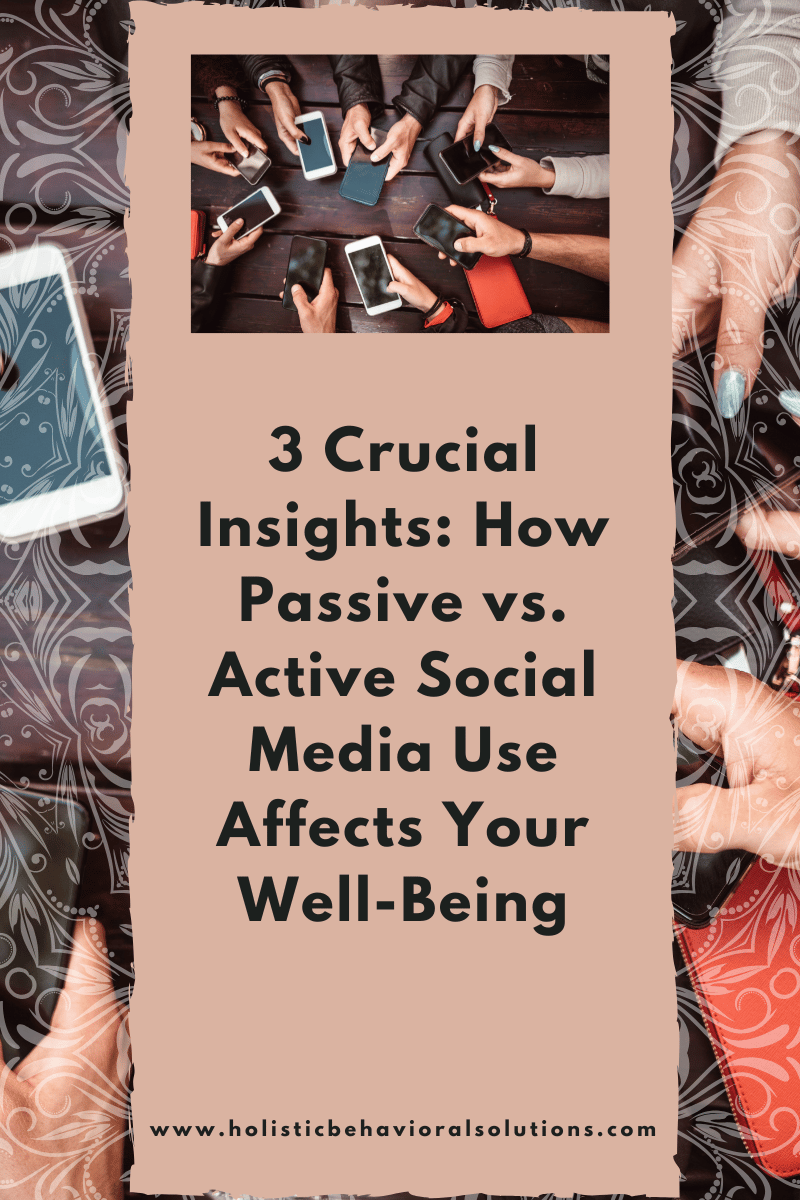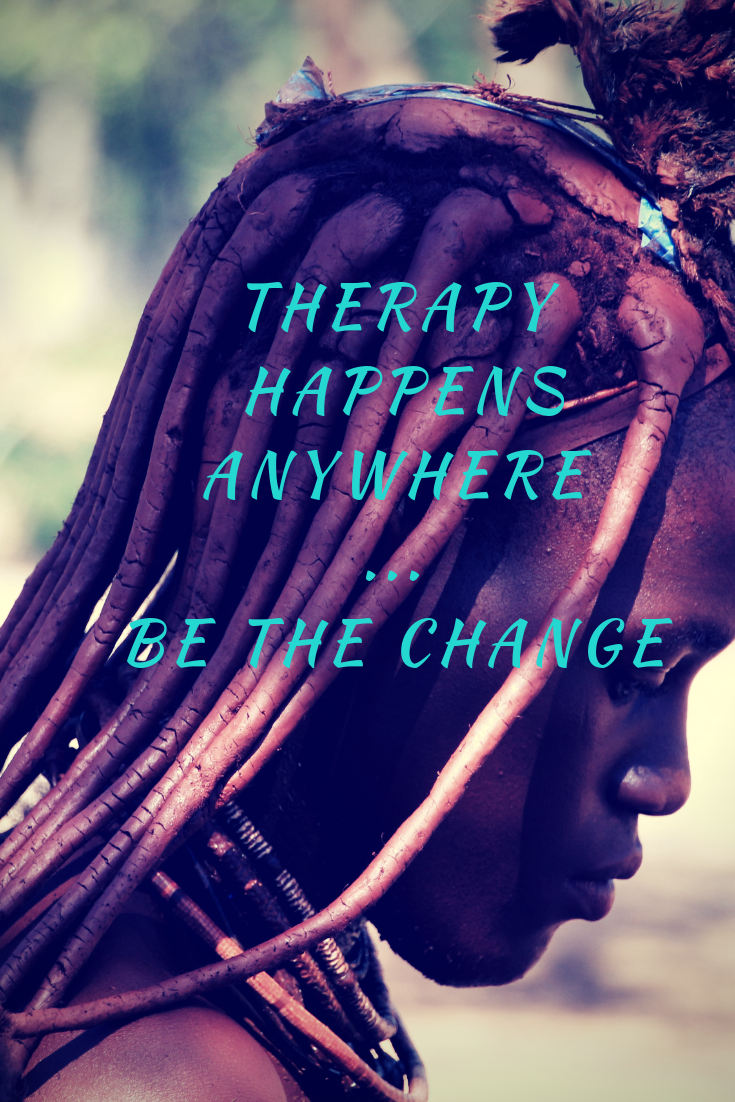
How we interact with social media—whether we’re actively engaging or just scrolling—can make a real difference in how connected (or disconnected) we feel. A 2023 study by Roberts and David, published in the Canadian Journal of Behavioural Science, offers fresh insights into the relationship between passive social media use and our overall well-being. Spoiler alert: the way we use these platforms matters more than we might think.
What Is Passive Social Media Use—and Why Does It Matter?
Passive social media use refers to scrolling through content without interacting—no likes, no comments, just consuming. In contrast, active use means directly engaging with others: responding to posts, sharing thoughts, building conversations. According to Roberts and David’s research, that difference can have a serious impact on how connected we feel to our communities and ourselves.
Key Takeaways from the Research
Roberts and David ran three separate studies—two surveys and one experimental study—and the results all pointed in the same direction: passive scrolling can quietly erode our sense of connection and raise our stress levels. Here’s what they found:
- Feeling Less Connected: In the first study, individuals who spent more time passively scrolling reported feeling less socially connected—and less satisfied with life overall.
- Higher Stress, Lower Connection: The second study reinforced these findings, showing that high levels of passive social media use were linked to increased stress and a weakened sense of social belonging.
- Active vs. Passive Use: In the experimental study, participants were assigned either heavy or light use of social media, and their engagement was labeled active or passive. The results were clear: heavy passive use harmed well-being, while active use boosted feelings of connection.
Why Emotional Connection Matters
It’s not just about screen time—it’s about emotional engagement. This research highlights how our emotional connection to what we see online (and how we choose to interact with it) plays a big role in shaping our mental and emotional wellness. Simply put: mindless scrolling may feel like a break, but over time, it can leave us feeling more isolated than connected.
What This Means for Mental Health and Therapy
For therapists, mental health professionals, and anyone looking to support their well-being, the takeaway is clear: be mindful of how you’re using social media. Active engagement—sharing, commenting, responding—can foster community and connection. Passive use, on the other hand, can subtly contribute to stress, loneliness, and even anxiety.
These findings offer an important lens through which to view our digital habits. Just like in therapy, the goal isn’t to eliminate the behavior—it’s to bring awareness to it and make intentional choices that support our mental health.
So, What Can You Do Differently?
- Be intentional about your time online. Ask yourself: Am I connecting or just consuming?
- Engage actively—respond to a post, share your thoughts, or check in with someone you care about.
- Take digital breaks when needed. Give your nervous system time to reset offline.
At Holistic Behavioral Solutions, We Care About the Whole You
This study is a reminder that digital wellness is part of mental wellness. At Holistic Behavioral Solutions, we believe in supporting your well-being from all angles—including how you engage online.
While you reflect on your screen habits, don’t forget to nourish your body and mind. Visit The Holistic Store to explore wellness supplements and tools designed to help you feel more balanced, connected, and energized. When you feel your best, it’s easier to show up fully—in life, in therapy, and even online. Engage habits that promote greater happiness and less stress!

